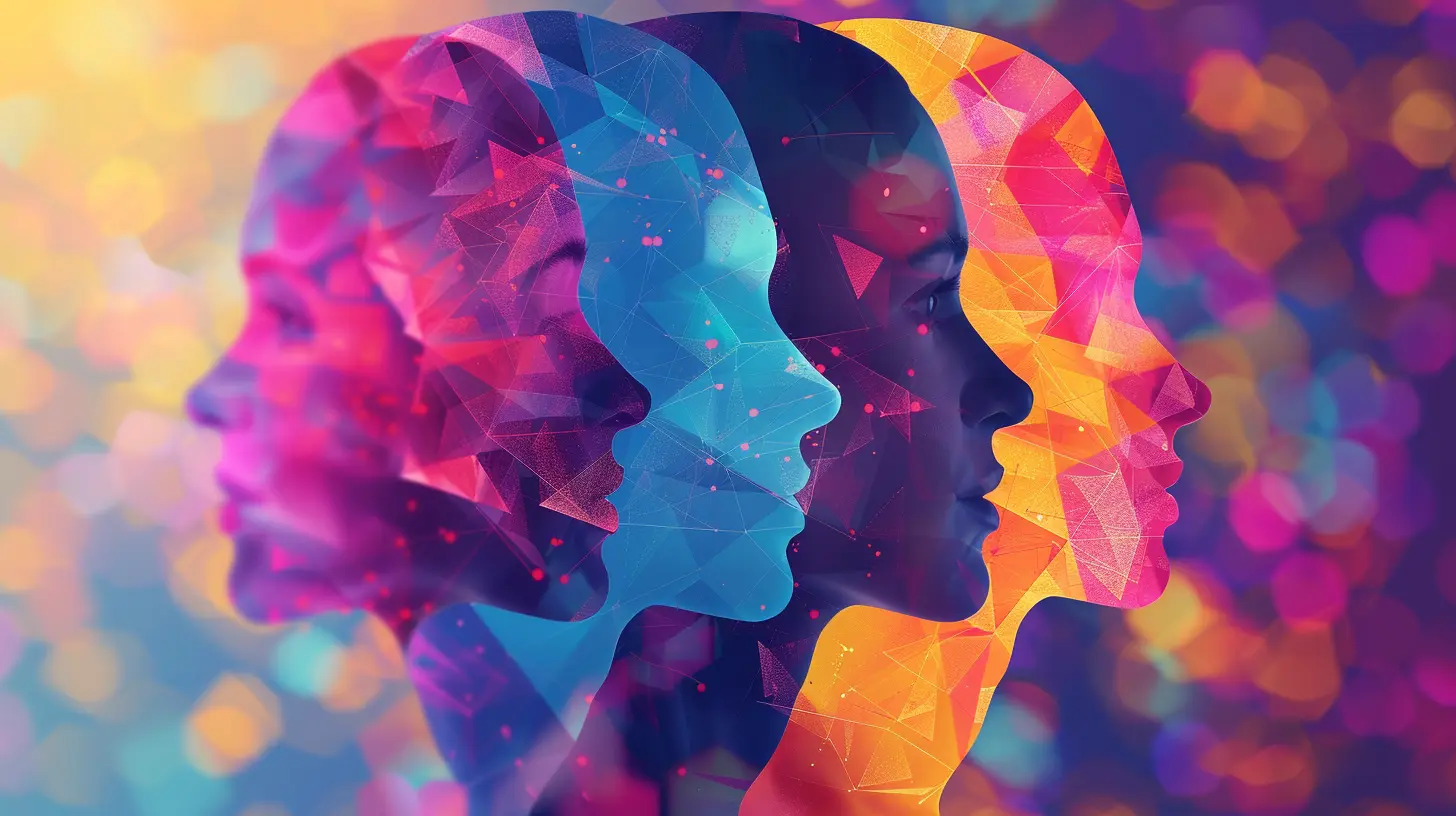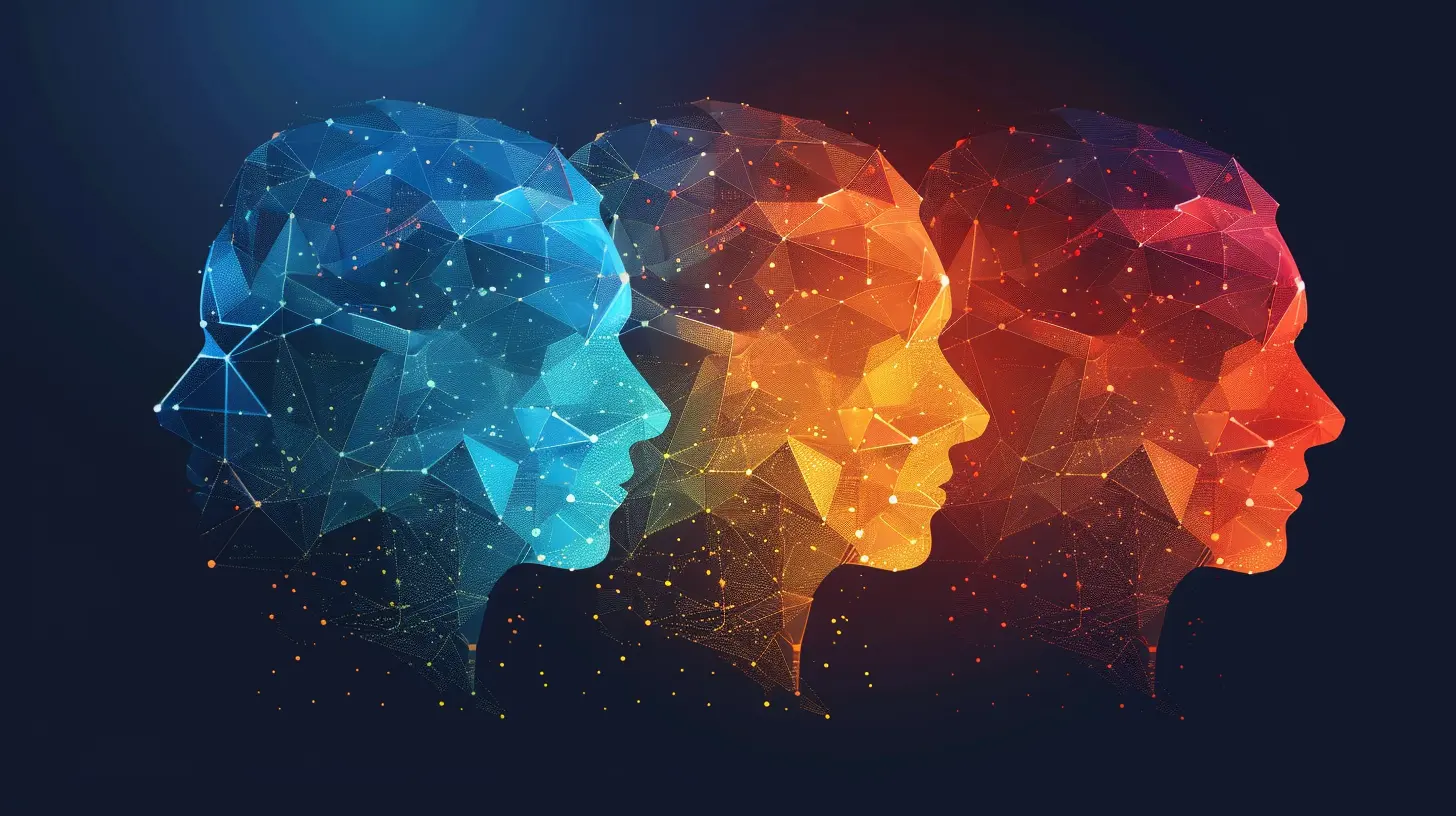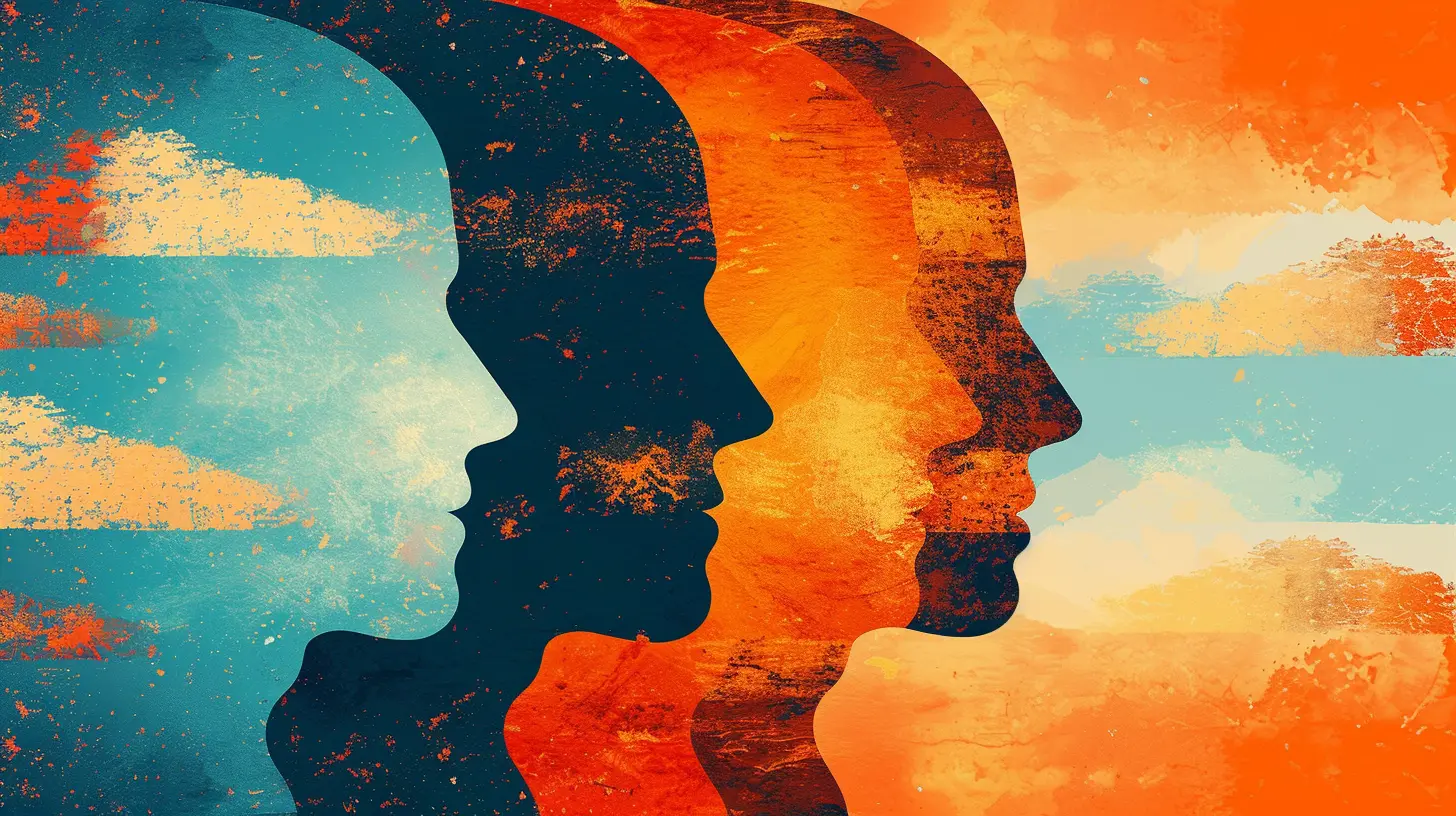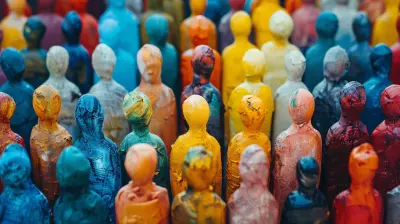How Social Learning Theory Shapes Our Behavior
21 June 2025
Social behavior is a fascinating subject, and one of the most influential theories that explain it is Social Learning Theory (SLT). Have you ever noticed how children imitate the way their parents speak? Or how you might adopt slang or behaviors from your close friends? That's Social Learning Theory in action!
This theory, developed by psychologist Albert Bandura, suggests that we learn behaviors by observing, imitating, and modeling the actions of others. But what does that mean for our daily lives? How does this theory shape who we are and how we behave? Let’s dive deeper into this intriguing concept.

What Is Social Learning Theory?
Albert Bandura introduced Social Learning Theory in the 1960s, expanding on traditional behaviorist theories that focused only on rewards and punishments. He argued that learning isn’t just about personal trial and error. Instead, people observe others and learn from their experiences.According to Bandura, we develop behaviors in four primary stages:
1. Attention – We notice behaviors around us, but only certain ones grab our focus.
2. Retention – We store observed behaviors in our memory for later use.
3. Reproduction – We attempt to replicate the behavior.
4. Motivation – We evaluate if the behavior is worth repeating based on rewards or consequences.

How Social Learning Theory Shapes Our Daily Lives
1. Childhood Development & Parenting
From birth, children are like sponges, soaking up everything around them. If a toddler sees their parents politely saying “thank you” and “please,” they often mimic this behavior. Similarly, if they witness aggression or yelling, they might adopt these same habits.This is why role models matter so much in childhood. Parents, teachers, and caregivers all play a critical role in shaping a child’s behavior based on what they model.
2. Media and Its Influence on Behavior
Ever wondered why certain fashion trends go viral or why people start talking in a certain way after watching their favorite TV shows? Media has an enormous impact on behavior through social learning.Think about it—when people watch movies where violence is normalized or see influencers promoting specific lifestyles, viewers often internalize these behaviors. The rise of social media also means that young minds are constantly exposed to influencers who shape opinions, behaviors, and even self-esteem.
3. Peer Pressure and Social Groups
You’ve probably heard the saying, "You are the average of the five people you spend the most time with." Social Learning Theory reinforces this idea.- If your friends are motivated and hardworking, you’ll likely adopt their habits.
- If they engage in negative behaviors, you might follow suit, even subconsciously.
This is why social environments are crucial. Whether it’s in school, the workplace, or friend circles, we tend to mirror the actions of those around us.
4. Workplace Behavior and Professional Growth
Social learning doesn’t just stop in childhood—it follows us into adulthood. In the workplace, employees often observe their colleagues and leaders to understand workplace norms.- If a company promotes team collaboration, employees will likely adopt teamwork-oriented habits.
- If toxic behaviors like micromanagement or gossiping are common, these can also spread.
This is why companies invest in mentorship programs—learning from successful professionals helps shape better workplace behaviors.

The Role of Reinforcement in Social Learning
While observation is key, reinforcement (either positive or negative) makes or breaks whether a behavior sticks.- Positive Reinforcement: When a child is praised for sharing, they’re more likely to continue that behavior.
- Negative Reinforcement: If an employee is constantly criticized for speaking up in meetings, they may stop contributing altogether.
Bandura argued that reinforcement is not always direct. Sometimes, we learn by watching others face rewards or consequences—this is called vicarious reinforcement.
For example, if a student sees their friend being punished for cheating, they might avoid cheating themselves.

How Social Learning Theory Impacts Mental Health
Behavioral patterns shaped by observational learning can significantly influence mental health.1. Anxiety and Fear Development
- If a child sees their parent constantly fearful of social interactions, they may develop social anxiety.
- Witnessing trauma or phobias in others can sometimes make individuals develop similar fears.
2. Boosting Confidence Through Positive Role Models
- Watching someone overcome struggles can inspire and instill confidence.
- People often feel more capable when they see others achieving similar goals.
This is why representation in media and leadership matters—diverse success stories help people believe in what’s possible for them.
The Famous Bobo Doll Experiment
Bandura’s most well-known experiment on Social Learning involved a Bobo doll (a type of inflatable toy).- He showed children a video of adults hitting and shouting at the doll.
- Later, when the children played with the same doll, they mimicked the aggressive behaviors they had observed.
This experiment confirmed that children (and people in general) learn behaviors purely from observation—even without direct reinforcement.
Breaking Negative Behavioral Cycles
Since much of our behavior is learned, that means it can be unlearned too.If a person grew up in a household with unhealthy habits, they can actively seek new role models, change their environment, and reshape their behaviors.
- Surrounding yourself with positive influences helps overwrite negative patterns.
- Engaging in self-awareness and therapy can break destructive cycles.
Understanding Social Learning Theory empowers individuals to take control of how they behave instead of blindly copying unhealthy habits.
Final Thoughts
Social Learning Theory is a powerful force in shaping human behavior—from childhood to adulthood. It influences how we talk, dress, work, and even perceive ourselves.Recognizing the role of observational learning allows us to make conscious choices about whom we surround ourselves with, what media we consume, and what habits we adopt.
So, the next time you catch yourself mirroring someone’s actions, ask yourself—“Is this a behavior I want to keep?
all images in this post were generated using AI tools
Category:
Behavioral PsychologyAuthor:

Gloria McVicar
Discussion
rate this article
2 comments
Meagan McClure
Social Learning Theory emphasizes the significant role of observation and imitation in shaping behavior. By understanding how individuals learn from their environments and social interactions, we gain insights into behaviors ranging from aggression to altruism, highlighting the importance of role models in our developmental journeys.
November 29, 2025 at 4:56 AM

Gloria McVicar
Thank you for your insightful comment! You're absolutely right—observation and imitation play crucial roles in learning, and understanding these processes helps us appreciate the impact of role models on behavior.
Zayden Duffy
Social Learning Theory: where we learn from each other’s mistakes—so you can save yourself from a faceplant by watching your friend take that epic spill instead!
June 21, 2025 at 4:21 AM

Gloria McVicar
Absolutely! Social Learning Theory emphasizes the importance of observational learning, enabling us to avoid pitfalls by learning from others' experiences. It's a powerful way to enhance our decision-making and overall behavior.


